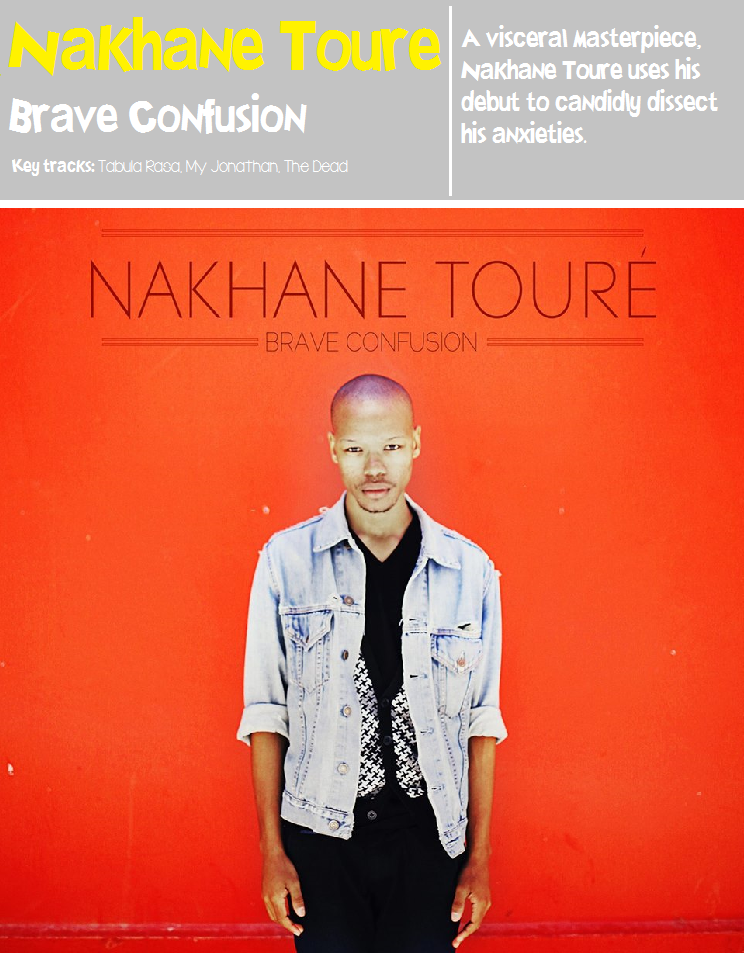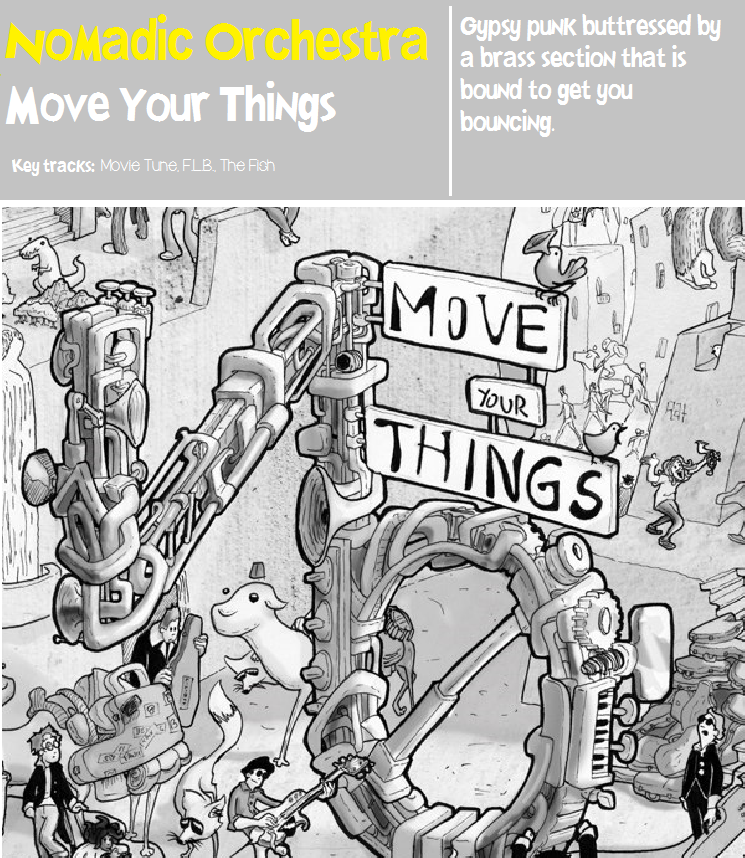 |
| PHOTO: AJ Howard |
“Sorry to interrupt, guys,” says a nervy fan as he
walks up to Shadowclub. “I just want to say awesome work on the new album.”
He
looks as if he’s mustered up all his courage to walk up to the band and recite
the speech he has prepared.
“Jacques, awesome vocals. Really sick lyrics,” he
says to vocalist and guitarist Jacques Moolman.
As he moves on to drummer Isaac Klawansky, he looks
up, as if searching for what he wants to say next.
“Isaac, sweet drumming. I
don’t know much about drumming, but it fits really well.”
And for the grand finale, he turns to bassist Louis
Roux. “And, um, if you’re not the best bass
player in South Africa, then I don’t know who is. I love your lines. I’m also a
bass player. I love your work.”
“That’s so nice,” says Moolman as the declaration of
adoration comes to an end. “That’s what’s happening at the moment. We haven’t
had that in such a long time. It’s a nice morale boost to have these kids
coming and saying, ‘Fucking great album.’”
Shadowclub is at Pretoria’s Arcade Empire for the
launch of their new album, Goodbye Wild
Child, their second offering since their 2011 debut, Guns and Money. When it came to their follow-up album, the band had
it all mapped out. They were to record with label Just Music’s in-house producer
Matthew Fink at the beginning of the year so that they could have the album out
by mid-2013. But things didn’t go according to plan after another musician
booked and paid for studio time before them and Just Music’s newly signed artists took precedence.
“You expect to go into studio and you start readying
yourself. In that experience, you live in studio. You mentally and spiritually
prepare yourself and then it never happened,” says Moolman.
Shadowclub was forced to put their plans on hold for
a few months, although they admit that the delay was for the better as it allowed the
songs for their forthcoming album to brood for longer. “I think it gave us time to hone
the tracks more and just get them tight and realise more and more what was
going to work and what wasn’t,” says Klawansky.
 |
| PHOTO: AJ Howard |
While the holdup was frustrating, Klawansky says that the timing
worked out perfectly. “I don’t think we would have made the same album and I
think we love the album that we made, so we wouldn’t have it any other way.”
Having more time to polish the tracks for Goodbye Wild Child didn’t make writing
the album any easier for Shadowclub as Roux says the prospect of coming up with
new material was daunting. “But then we got into a good space and the tracks
just came out,” he says.
For Moolman, the problem was a bout of writer’s
block that left him in a quandary about what to write lyrically. “I had just
gone through a huge emotional experience that I can pull a lot from. I had to
channel the experience and put it into words the best way that I could,” he
says.
The often fatal second-album slump didn’t get the
better of Shadowclub though. Instead, questioning themselves and being able to
deliver the album that they did despite this gave them the confidence boost
that they needed. “I think that’s what the pressure was, whether it was going
to come out nicely or whether anything would come out at all. Now what we know
that it can happen we’ll be fine,”
explains Klawansky.
Like Guns and
Money, Shadowclub recorded Goodbye Wild Child live so that they
could capture the feel of their often sweaty, feverish live performances. What
they did do differently was spend a lot more time on post-production to ensure
that each track is
perfect. They also worked on an entire song at a time, instead of recording
guitar, bass, drums and vocals separately. “Before, maybe all the vocals
sounded the same because they were done in one day, all the guitar tones
sounded the same,” says Klawansky. “This time, everything has a bit of a
different feel.”
This time around, Shadowclub has also experimented
with writing some unexpected melodic ballads. Moolman says that he was tired of the raw
punk-rock sound that characterised Guns
and Money and wanted to try something different. The first step in this
direction was with the track “Suddenly”, an inspired Radiohead-esque track that
oscillates between a slow, chilling falsetto and a massive, hard-hitting roar
of riffs. From there, the band moved on to
writing songs like “Magic Wand” and “Mocking Bird”, realising that they had the
ability to paint a different kind of picture without the dirty, fast-paced
assault of sound that they are known for. Out of these ballads, “Dirt and the
Rubble” has proved to be the most popular with fans. Initially written for
Moolman’s solo project when he was out on his father’s farm, it sees him
lamenting the loss of a girl to the nightlife.
 |
| PHOTO: AJ Howard |
Roux says he knew that it would be a hit when the
band performed the song at Brickfields in Carfax. “There was this girl in the
front row. She had her boyfriend behind her with his arms around her shoulder
and he was kissing her neck and she was just staring at Jacques throughout the
whole song,” he says to an explosion of laughter that erupts from his bandmates.
“Our mate Gareth Wilson went from calling it a
tear-jerker to a panty-thrower,” adds Moolman, who says that while “Dirt and
the Rubble” is incredibly simple, it’s essentially a love song that everyone
seems to be able to relate to.
Moolman’s lyrics have always centred on a character who comes into some kind of conflict
with the world.
But compared to Guns and Money, the character who penned the lyrics on Goodbye Wild Child is quite different. “For the first album, it was
booze and drugs and sex and the nightlife. I think I lived in the night. It was
that guy telling all the stories. But these? I mean, I wrote about stuff that
I’ve gone through, and coming into my new life, my new way of seeing things and
believing in things,” he says.
In this way, Shadowclub has used their second album
to bid farewell to the more reckless versions of themselves. “We’ve all had
aspects of craziness in our past and we’re all a lot more settled and mature.
It’s a nod to what’s happened and where we are now,” says Klawansky.
“I used to call myself a wild child,” says Moolman.
“I was going for the wild child experience and I got it and it almost killed
me. And I was like, ‘Cool, I’m shaking your hand. Goodbye.’”






















